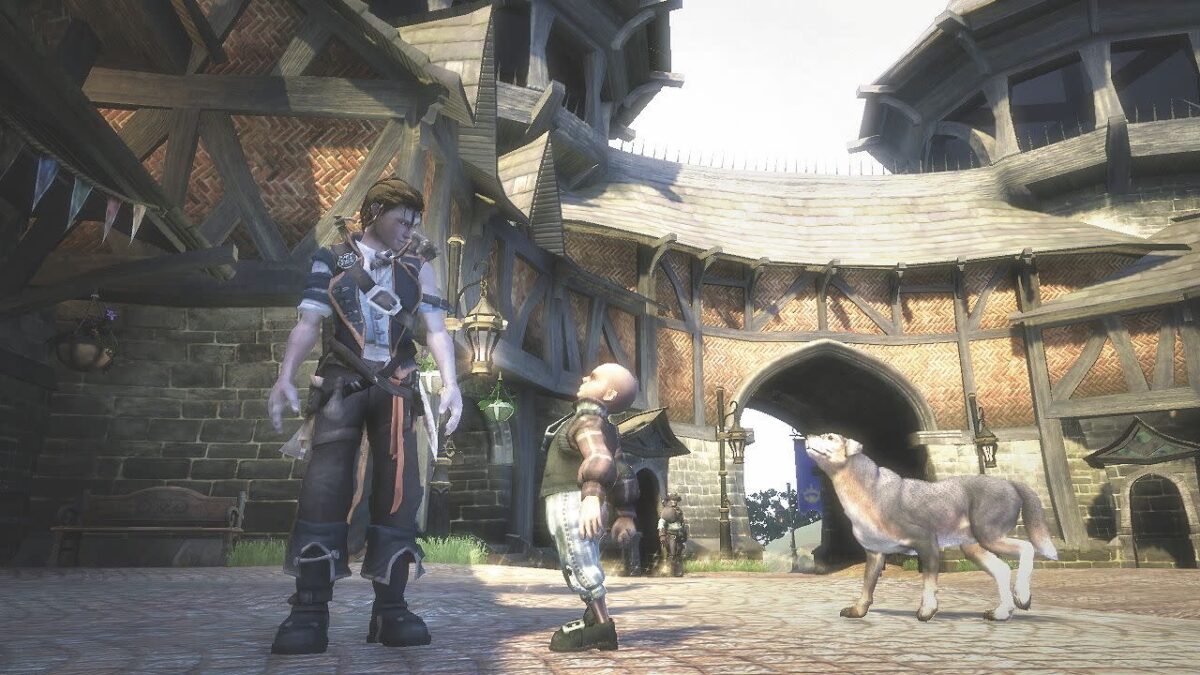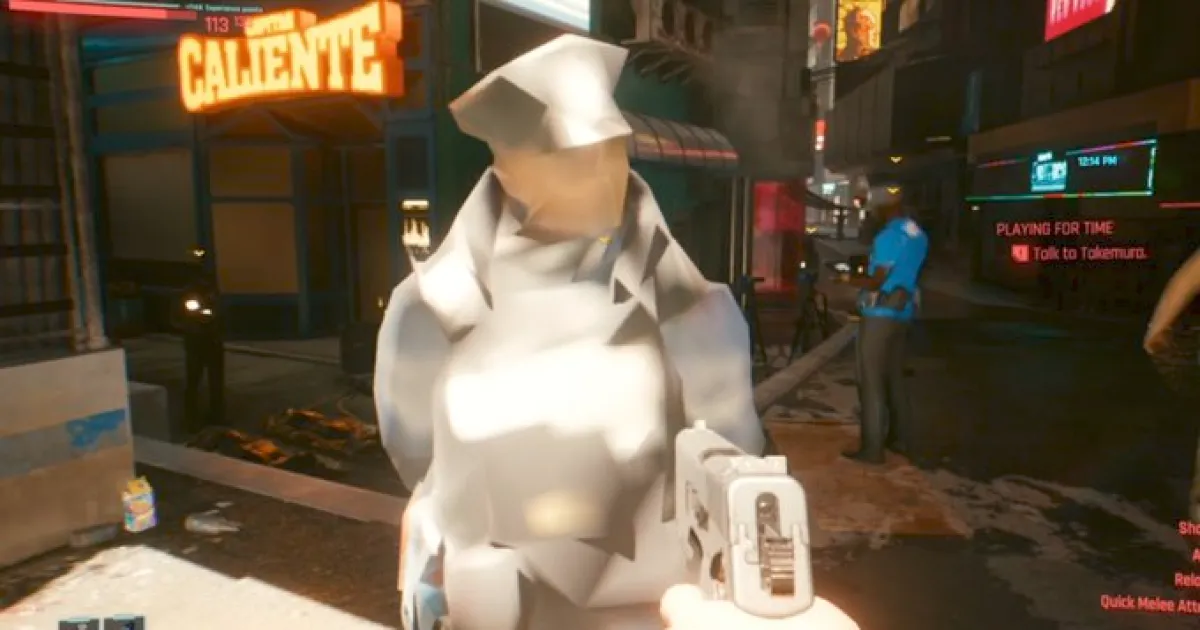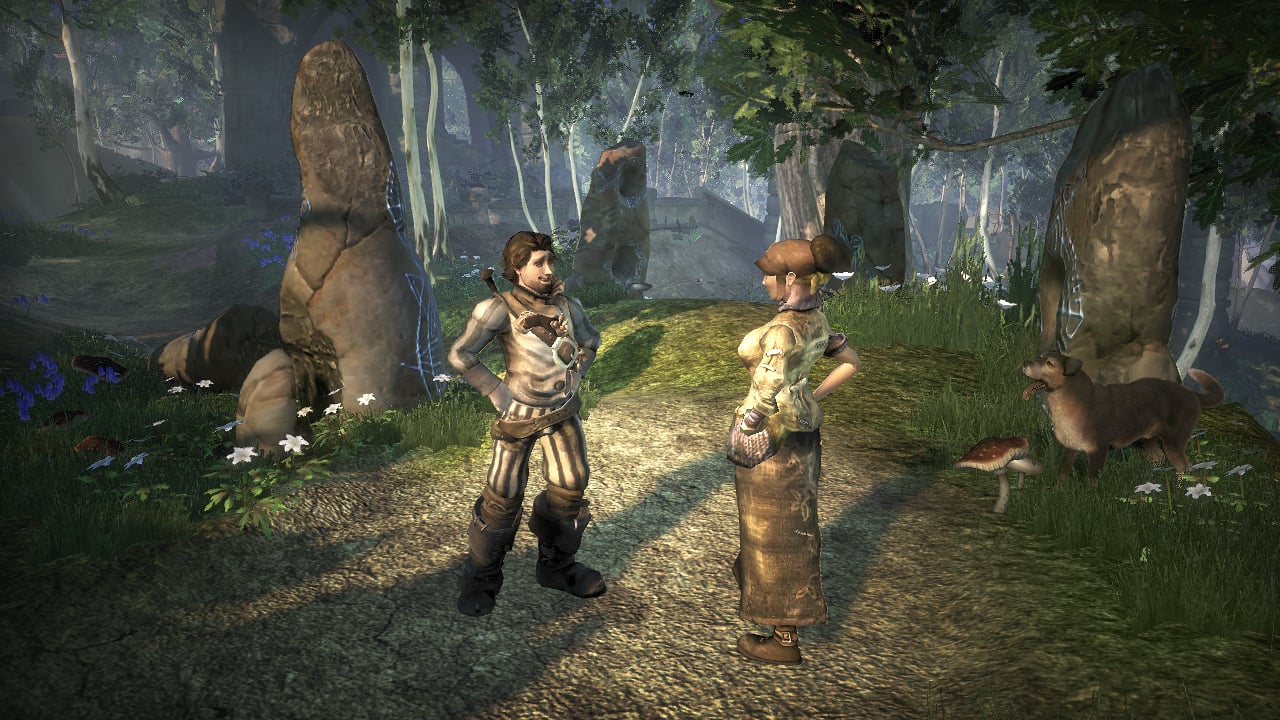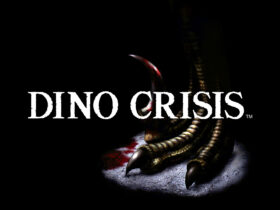I wish I could argue for anything else but this, but I know we’ve all been there; the good old hype-train. Watching a game trailer so jaw-dropping, it finally feels like the always talked about future of gaming has arrived – only to play the final product and realize, nope. That future never came.
Every few years, a developer knows exactly what we want to hear and sells us an overhyped game, so grand in scope that we can’t help but get excited like little puppies.
The harsh reality is that come release day, what we get is often a shell, nay, a shadow of what was promised. From Peter Molyneux’s ambitious claims about Fable’s living, breathing world, to Todd Howard’s bold declarations about 16 times the detail in Fallout 76, overpromising has become almost synonymous with shady PR speech at this point.
It’s baked into the marketing endeavors of many a publisher, and is now part of their DNA – and the problem isn’t just the immediate disappointment, whenever players get to play the game. It’s the slow erosion of trust towards even the most coveted of developer studios, and the more studios exaggerate (no doubt to boost sales), the more skeptical players become. That cynicism, that sense of “yeah, we’ve heard that before”, might just be one of the biggest threats to gaming’s creative future as a whole.
Most Overhyped Games

You all knew this was coming – it’s nearly impossible to talk about overpromising without mentioning the master of it: Peter Molyneux. Once hailed as one of gaming’s most visionary creators, his name is now a synonym for biting off more than one can chew. His Fable series was literally supposed to reinvent the RPG genre, with every decision being meaningful, with even trees growing over the years, the more you play.
What we got instead was a charming, but very simplified version of those grand ambitions. Yes, Fable was a “good” game, but was it the next iteration of next-gen RPGs? We think not.
Later on, Godus pushed things even further, with great promises of a living god-simulation, shaped by nothing else but the players’ own hands. What can we say, that promise fell apart in spectacular fashion, too. It isn’t that these games are bad, but the gap between what was promised and what was ultimately delivered became too wide to ignore, and consequently, Molyneux’s reputation took a nose-dive from there on out.
His story isn’t the only one we could tell, but it serves as a warning for all of us who started out believing the gospel that game devs spread up until then.
We’ve got nothing against dreaming big, but against selling the dream that’s not even close to being what was promised way before it’s actually ready. What hurts me the most, is the fact, that the industry learned from all of this, but in all the wrong places. Publishers especially have learned that hype sells, and that promises – even the false ones – move preorders and generate headlines for them to sell more copies.
Overhyped Game Features is the Dominant Marketing Strategy
The entire industry has become fluent in the language of half-truths, and it seems to be the norm rather than the exception at this point.
Trailers, previously used as a marketing tool to show what the game looks like, now use in-engine footage instead of gameplay. Terms like “emergent systems” and “AI-driven NPCs” are thrown around with little accountability, particularly in a landscape where the extent of AI in gaming is the centre of controversy. Every studio claims their game will be the most “immersive” or “dynamic” yet.
Remember Cyberpunk 2077? CD Projekt Red spent years promising a sprawling, reactive city where every choice mattered. What we got was a visually stunning, yet hollow world – impressive at first glance, but empty once you scratched beneath the surface. The game has since improved, but the damage was done. The launch burned players so badly that “wait for the patch” became a meme unto itself.

Even No Man’s Sky, once infamous for its misleading trailers and marketing talks. serves as both cautionary tale and redemption arc. Hello Games eventually delivered on many of its original promises, but it took years of updates to get there. Not every studio gets that second chance. It seems that now, we live in a new era of marketing – and that hurts not just the gamers playing these games.
When devs or especially publishers overpromise, it undermines the craft of game development itself. For a genre that has fought for decades to even be recognized as art, EA’s recent Saudi-backed buyout underlines the unfortunate corporate greed that threatens to suppress studios from flourishing.
Artistry suffers in turn and I’d argue that developers who want to innovate all end up pressured to sell features instead of great, forward-thinking ideas. We all know it, marketing has always been a show of buzzwords, not nuance.
The result? Games are designed by a marketing committee and these products are chasing trends instead of pioneering a new one.
Hype Is Built Easily, Trust Isn’t
At the end of the day, I might be an old cynic – a relic of a bygone era. But even I know, that hype has always been and will always be part of gaming. Excitement is good and these reveals can be magical, if treated with the right amount of care and honesty. Many games have shown, that knowing exactly what you are and being honest about it still pulls big numbers, you don’t need to lie to appeal to the biggest crowd out there.
When hype becomes manipulation, when studios promise entire worlds they know can’t exist within the framing of their game, the cost they pay isn’t just a disappointing launch. The long-term credibility is hurt, and like in any relationship, it’s incredibly hard to win that back.
Yes, Peter Molyneux and others taught us what unchecked ambition looks like, and we scolded him for it. The rest of the industry seems determined however, to reach all the wrong conclusions and we as gamers need to stand up and call their BS.
Dream big, absolutely – but maybe next time, either keep the promise you’ve given, or ground yourself and show what’s actually possible, because one day your audience might stop believing altogether. And that my friends, might very well be the biggest loss gaming could possibly face.






